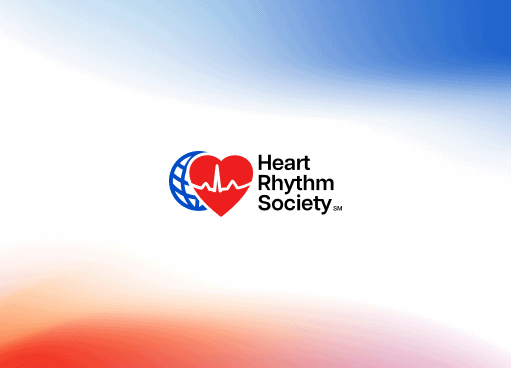WASHINGTON, DC – On Monday, January 2, 2023, millions of people around the world watched in disbelief as Damar Hamlin, a professional football player for the Buffalo Bills, experienced Sudden Cardiac Arrest (SCA) mid-game on live television. Fortunately, Mr. Hamlin received immediate attention from onsite medical professionals, including cardiopulmonary resuscitation (CPR) and use of an automated external defibrillator (AED) before being rushed to a local hospital. As the world pulls for Mr. Hamlin to recover, we are reminded of how critical CPR, rapid use of AEDs, and trained medical professionals are in saving lives.
What is SCA? Here are some fast facts:
- SCA can happen to people of all ages, even young people.
- SCA is the number one cause of death in young athletes.
- Approximately 2/3 of SCA deaths occur without any prior indications of heart disease.
- SCA is not the same as a heart attack.
- A heart attack occurs when blood flow (or “plumbing”) to the heart is blocked.
- SCA is an electrical system malfunction of the heart that causes the heart to stop beating effectively and without warning.
- SCA can cause a person to lose consciousness and die if not treated immediately.
- Fortunately, survival rates in SCA can double or triple with quick attention.
Are you prepared to help save someone’s life?
Every second counts! Sadly, 95% of those who experience SCA die because they do not receive necessary life-saving medical attention quickly. Follow these steps if an SCA emergency is suspected:
- Know the signs of SCA and react quickly (visit UpBeat.org to learn the signs)
- Call (or ask someone to call) 911 as soon as possible
- Start CPR as quickly as possible (visit RedCross.org for CPR certification near you)
- If available, use an AED as soon as possible (learn where an AED is located in your workplace, gym, public transpiration, frequented businesses, etc.)
Do you think you may have an undiagnosed heart rhythm disorder?
If you’re experiencing a life-threatening emergency, call 911 immediately. If you’d like to find and schedule an appointment with a local heart rhythm specialist physician, use the Find a Specialist tool at the top of any UpBeat.org page.
###
About the Heart Rhythm Society
The Heart Rhythm Society (HRS) is a 501(c)(3) international nonprofit organization and the preeminent leader in science, education, and advocacy for cardiac arrhythmia professionals and patients. HRS continues to be the primary information resource on heart rhythm disorders with a mission to improve the care of patients by promoting research, education, and optimal health care policies and standards, and a mission to eliminate death and suffering due to heart rhythm disorders. Incorporated in 1979 and based in Washington, D.C., it has a membership of more than 7,500 heart rhythm professionals in more than 90 countries around the world. For more information, visit HRSonline.org.
About UpBeat
UpBeat is the Heart Rhythm Society’s patient and caregiver resource for all things heart rhythm disorders. This valuable website provides information regarding early warning signs, prevention, treatments, and more. UpBeat.org also offers a Find a Specialist tool that matches users with a local heart rhythm specialist physician based on the user’s zip code. Healthcare professionals also use UpBeat.org to download information sheets for their patients and caregivers. For more information, visit UpBeat.org.
Related Posts

Press Releases
Heart Rhythm 2025 Features Advances in AI that Enhance Safety of Atrial Fibrillation Treatment
April 24, 2025

Press Releases
HRS and ACC Release Joint Scientific Statement on the Safety of Same-Day Discharge for Intracardiac Catheter Ablation Procedures
April 24, 2025

Position Statements
HRS Releases New Policy Statement Underscoring Requirements for Catheter Ablation of Atrial Fibrillation
September 27, 2024